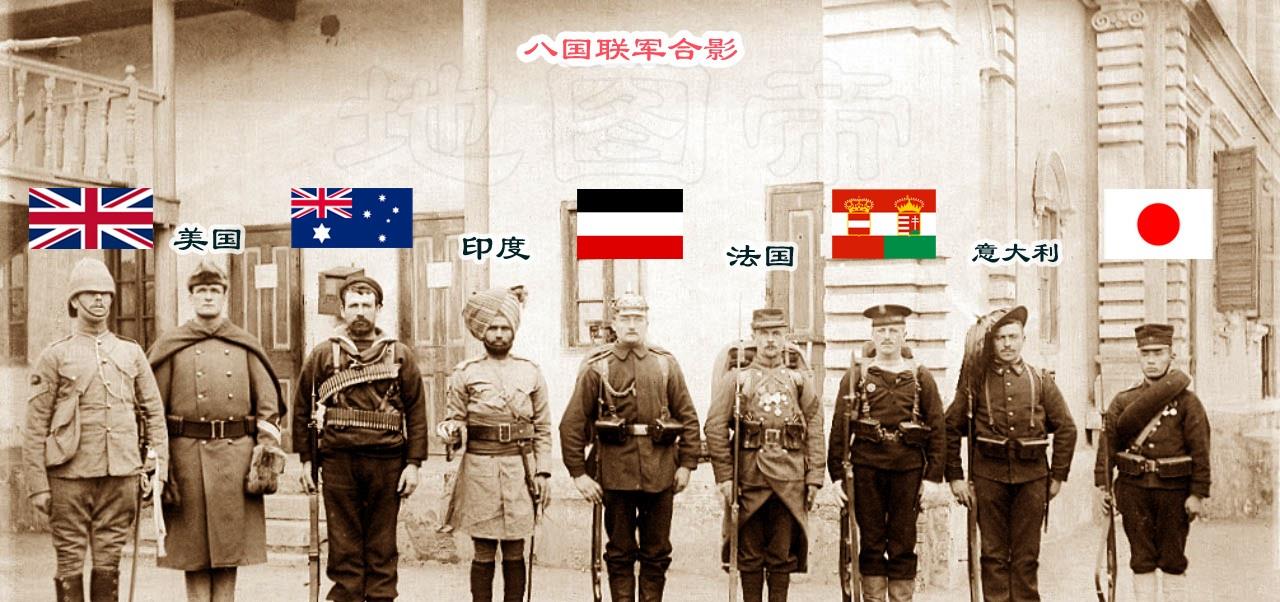

Have you ever stumbled upon one of the most significant alliances in history, the Eight-Nation Alliance? This captivating saga unfolds amidst the waning years of the 19th century, during a pivotal period in China’s history when the venerable Ching Dynasty faced unprecedented challenges from external forces. Let’s embark on a thrilling journey to uncover the fascinating story behind the formation of the Eight-Nation Alliance and its profound impact on China and the world.
The Spark of Rebellion: The Boxer Uprising
The Boxer Rebellion, emerging in the late 1890s, was a tumultuous response to the encroachment of foreign powers and the spread of Christianity within China. Named after the Boxers, members of the Righteous and Harmonious Fists Society, this movement sought to purge China of foreign influence and restore its cultural integrity. The rebellion escalated rapidly, leading to widespread violence against foreigners, Chinese Christians, and anyone associated with foreign establishments across northern China.
The Formation of the Eight-Nation Alliance
As tensions mounted and the Boxer Rebellion reached a climax, an unlikely coalition of global powers emerged – the Eight-Nation Alliance. Comprising troops from the United States, the British Empire, Germany, France, Italy, Russia, Japan, and Austria-Hungary, this alliance united under a common cause to protect their nationals and preserve their interests in China. Their goal was to relieve the besieged foreign legations in Beijing and quell the uprising.
A Turning Point in Warfare and Diplomacy
The military intervention by the Eight-Nation Alliance was not only notable for its international makeup but also for the advanced military technology it brought to Chinese soil. This event became a battleground for modern weaponry and tactics, marking a significant moment in military history. Moreover, the alliance showcased a new form of international cooperation, setting an example for future conflicts among nations and shaping the dynamics of international relations.
The Aftermath: A New Era for China
The defeat of the Boxer Rebellion and the signing of the Boxer Protocol in 1901 marked the beginning of a new era in China’s history. The protocol imposed harsh penalties and compensations on China, revealing the diminishing sovereignty and increasing foreign influence. This tumultuous period ultimately led to the collapse of the Ching Dynasty and the establishment of the Republic of China, signaling the end of over 2,000 years of imperial rule.
Reflections on History and Legacy
The story of the Eight-Nation Alliance is not merely a tale of battles and politics but a poignant reminder of the complexities of our shared history. It underscores the clashes between different cultures, the fight for independence, and the inevitability of change. This moment in history serves as a powerful reminder of the consequences of foreign meddling and the resilience of nations in safeguarding their sovereignty.
Conclusion: A Catalyst for Change
The Eight-Nation Alliance stands as a testament to collaboration, strife, and the continuous evolution of the world through adversities. As we reflect on this pivotal moment in history, we are reminded of the interconnectedness of our past, present, and future. The story of the Eight-Nation Alliance continues to influence our understanding of relationships between countries, the right to self-governance, and the sharing of cultures.
In conclusion, the saga of the Eight-Nation Alliance remains a timeless reminder of the transformative power of alliances, the complexities of global dynamics, and the enduring legacy of historical events.



